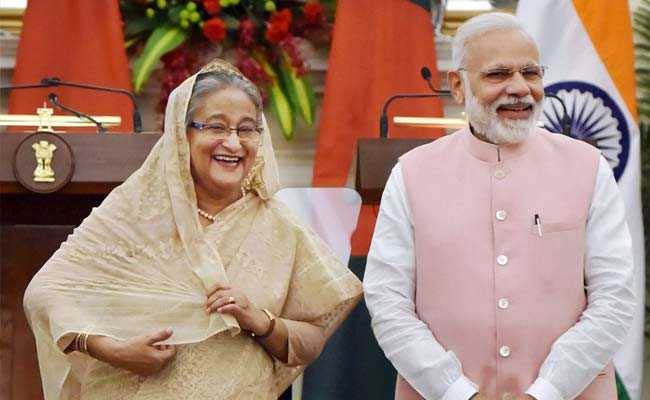In relation to a case involving enforced disappearances, the International Crimes Tribunal (ICT) in Bangladesh has issued arrest warrants for Sheikh Hasina, the former prime minister, and twelve other individuals. In relation to a case involving enforced disappearances and extrajudicial killings that occurred during her tenure, the International Crimes Tribunal of Bangladesh issued arrest warrants on Monday for former Prime Minister Sheikh Hasina and twelve other individuals. The accused, including Hasina, have till February 12 to be taken into custody and brought before the tribunal.

The order was made on Monday, January 6, at a hearing. Hasina’s defence adviser, Major General (retd) Tariq Ahmed Siddique, former Inspector General of Police (IGP) Benazir Ahmed, and Ziaul Ahsan, former Director General of the National Telecommunication Monitoring Centre (NTMC), are among the other defendants.
This is the second lawsuit brought against the 77-year-old, who fled to India in August 2024 after being overthrown by a revolt organised by students. According to reports, ICT-Bangladesh has asked Interpol for help in apprehending Hasina after the warrant was issued. Furthermore, Bangladesh has formally requested her extradition from India.
In October 2024, the first arrest warrant was issued for former prime minister Sheikh Hasina and forty-five other people on charges of crimes against humanity following the recent major student movement. After arresting the 46, including Hasina, the tribunal further ordered the relevant authorities to present them to it by November 18.

The interim government in Bangladesh announced in August of last year that it would bring charges against those responsible for the killings during the recent student protests against the Hasina-led government before the International Crimes Tribunal.
Following the overthrow of the Hasina government, violence broke out all over Bangladesh, killing over 230 people. Since the massive student protest against a contentious quota system in government jobs began in mid-July, the number of deaths has risen to over 600.



